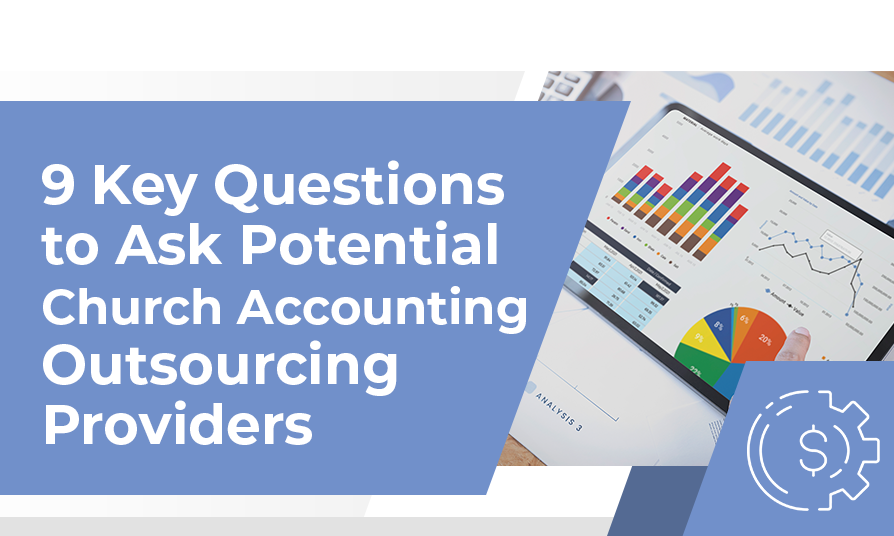3 Tips to Prevent Financial Fraud at Church
In 2017, authorities charged a former church employee with embezzling over $300,000. Authorities alleged the former financial secretary charged church credit cards to make personal purchases and used church funds to pay her own personal debts. This is a reminder of why we need controls to prevent fraud and steward the money God entrusts to …



